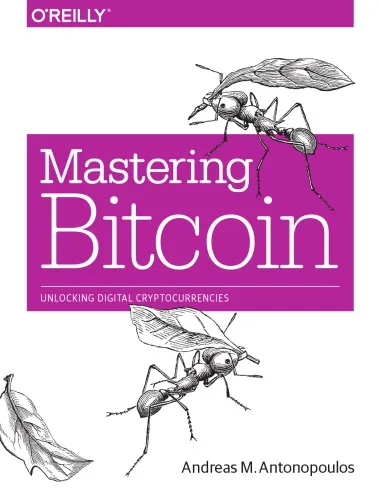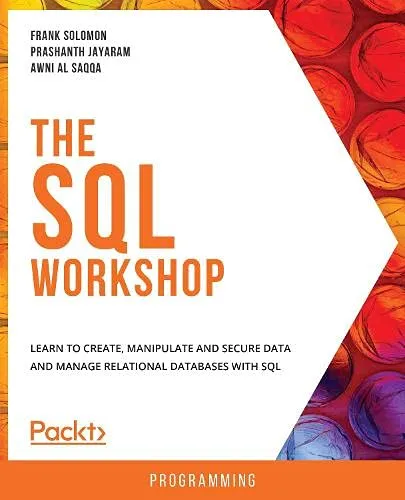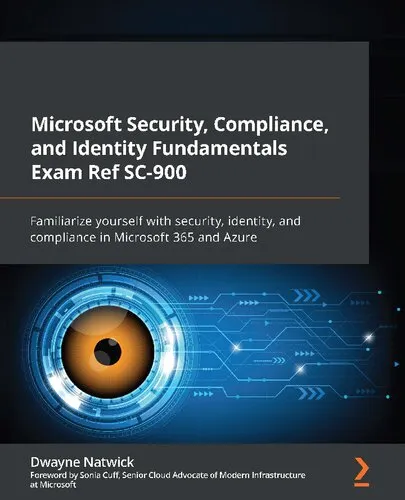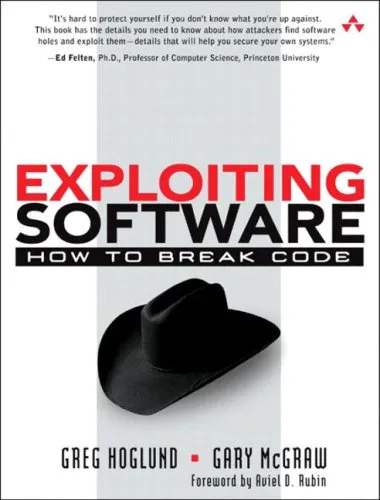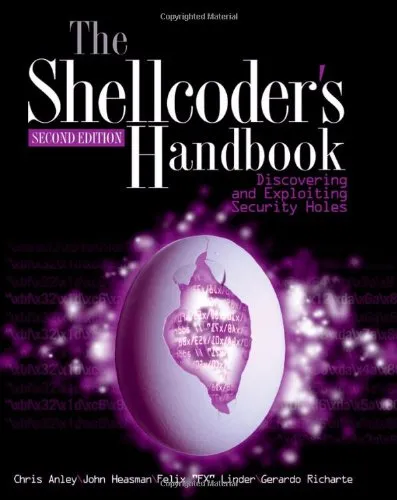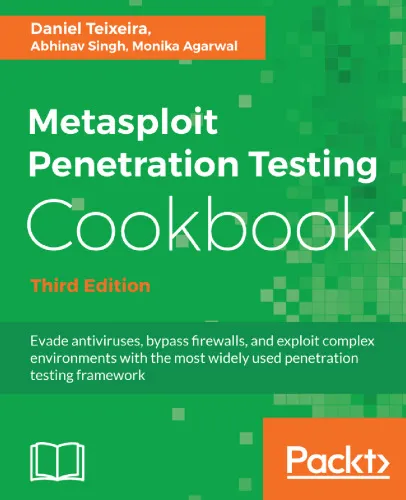The shellcoder's handbook discovering and exploiting security holes. - Cover title. - Includes index
4.5
Reviews from our users

You Can Ask your questions from this book's AI after Login
Each download or ask from book AI costs 2 points. To earn more free points, please visit the Points Guide Page and complete some valuable actions.کتاب های مرتبط:
Introduction to "The Shellcoder's Handbook: Discovering and Exploiting Security Holes"
"The Shellcoder’s Handbook: Discovering and Exploiting Security Holes" is a cutting-edge guide for both aspiring and experienced security professionals focused on the art and science of software exploitation. Authored by Chris Anley and a team of cybersecurity experts, this book has been a cornerstone in the field of cybersecurity education since its inception. With an emphasis on identifying vulnerabilities and crafting exploits, it serves as a reference manual for ethical hackers, penetration testers, and defenders who want a comprehensive understanding of how attackers gain access to systems.
This detailed introduction highlights the book’s main themes, what you can expect to learn, and why it is still highly relevant in today’s age of increasing cyber threats. Divided into cohesive segments, this introduction aims to give you a snapshot of its immense value. Let's delve deeper into what "The Shellcoder’s Handbook" has to offer.
Detailed Summary of the Book
"The Shellcoder’s Handbook" dives deep into the technical underpinnings of software vulnerabilities and the exploitation process. It starts by providing a solid foundation of low-level programming concepts, including assembly language, memory management, and stack-based operations. This is critical for understanding how vulnerabilities arise during program execution. The book then transitions into an exploration of various attack vectors and techniques, such as buffer overflows, integer overflows, and format string vulnerabilities.
The book addresses vulnerability detection, illustrating common developer mistakes that lead to exploitable flaws. Another major focus is on bypassing modern-day defense mechanisms like ASLR (Address Space Layout Randomization), stack canaries, and other memory protection techniques. Additionally, it provides in-depth coverage of shellcode writing—crafting malicious payloads that give an attacker control of a target system.
While the book is deeply technical, it emphasizes ethical hacking principles, ensuring that readers use this knowledge responsibly and within legal boundaries. The authors also cover how defenders can leverage these insights to secure software and prevent exploitation, making it a dual-purpose guide for both offense and defense in cybersecurity.
Key Takeaways
- Understand the fundamentals of low-level software, including memory management and assembly language.
- Learn techniques for identifying and exploiting various software vulnerabilities.
- Gain essential knowledge in shellcode development and exploitation payload crafting.
- Master methods to bypass modern mitigations like ASLR and stack guards for advanced exploit development.
- Adopt a security-first mindset, learning how to detect and prevent exploitation through effective defense mechanisms.
- Empower ethical hackers to responsibly use their skills for improving cybersecurity postures.
Famous Quotes from the Book
"Vulnerabilities are not mistakes; they’re lessons in the unforgiving rules of computing." — Chris Anley
"Crafting exploits doesn’t just require technical skill; it’s as much an art as it is a science." — Chris Anley
"The best hackers are those who understand security from both the attacker's and defender's perspective." — Chris Anley
Why This Book Matters
As cybercrime continues to grow in complexity, understanding the root causes of vulnerabilities and how they are exploited is paramount. "The Shellcoder’s Handbook" remains one of the most in-depth and practical resources available for anyone serious about learning software exploitation. Its blend of technical accuracy, practical examples, and emphasis on ethical practice makes it an evergreen resource.
This book doesn’t just teach you how exploits work; it builds your mindset as a security professional. It stresses the importance of a proactive approach to cybersecurity—one where understanding the tools and techniques of attackers empowers organizations to defend against them more effectively. Professionals in application security, penetration testing, or even those developing secure software all find immediate value in this book.
Ultimately, "The Shellcoder’s Handbook" is more than just a guide—it is a roadmap for mastering both the offensive and defensive strategies in the realm of cybersecurity, written by some of the most respected experts in the field.
Free Direct Download
You Can Download this book after Login
Accessing books through legal platforms and public libraries not only supports the rights of authors and publishers but also contributes to the sustainability of reading culture. Before downloading, please take a moment to consider these options.
Find this book on other platforms:
WorldCat helps you find books in libraries worldwide.
See ratings, reviews, and discussions on Goodreads.
Find and buy rare or used books on AbeBooks.

